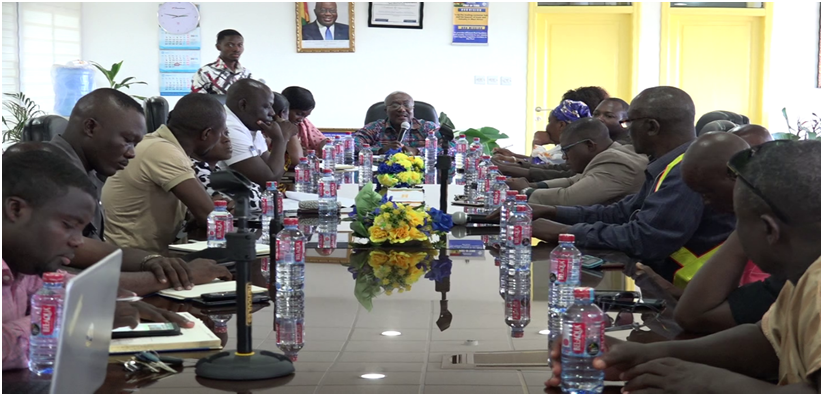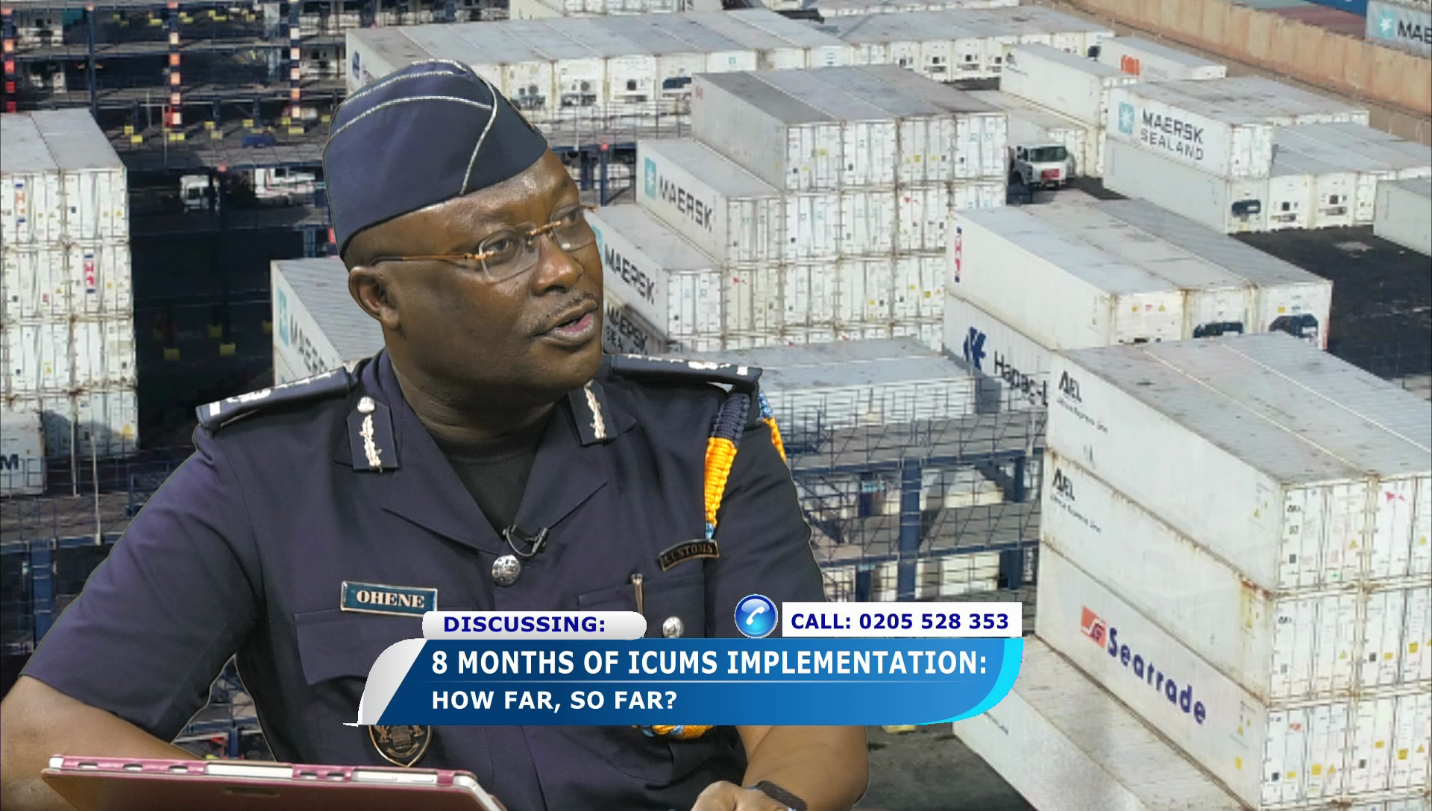GPHA Educates Transport Unions On The Payment Of Tolls

The Management of the Ghana Ports and Harbors Authority has met with the transport unions whose members transport cargo to and from the port, to educate them on the need to continue paying tolls, after the commencement of operations at the new MPS terminal 3.
This came at the back of the erroneous impression created among truck drivers that the payments of tolls are to be discontinued after the opening of the new MPS terminal 3.
GPHA, as the Port Authority, found the need to step in, to remind drivers of their toll obligations.
The Corporate Monitoring Manager of GPHA, who is also the Chairman of the Transition Committee for the MPS Terminal 3, Garvin Amarvie, insisted on the need for tolls to be continued to be paid to GPHA.
“GPHA is the landlord and has the responsibility to take the toll. We are going to continue with the toll system, and the price remains the same,” he said.
He explained that tolls are very essential in generating port revenue to maintain port infrastructure, and services.
He, however, mentioned that in the future the payment of tolls would be properly integrated with the new electronic systems of the MPS Terminal 3 in order to improve efficiency for port customers.
GPHA said going forward, it would refuse service to truck drivers who refuse to abide by their toll obligations.
“When truck drivers get there without their toll and they want to misbehave, we will capture their car numbers and we will decide on the next action. We are asking that it shouldn’t get to that stage. So let us all inform our members that tolls are expected to be paid,” the Financial Manager at the Tema Port, Gifty Adzanku said.
Serwaa Opoku Fosu, Marketing and Public Affairs Manager of Tema Port added that the tolls, indirectly contribute to the funds of Transport Unions, because registered drivers to these unions need to pay certain fees to their associations before they can pay tolls to the Port Authority.
“Because we work with driving associations, the clearing agents would need to get the TLA of the drivers’ association before they proceed to us because that’s how come we know that the truck they are using is a registered one,” she explained.
She emphasized the need for drivers to register with their unions because they cater for challenges that arise from their work, and also serves as an accountable party for the tracking of diverted cargoes.
“We will urge freight forwarders that they should use drivers that belong to identifiable associations so that when there are issues we will know where to call and also it becomes easier addressing the challenges as they come,” she added.
The representatives of the transport unions shared some concerns including traffic congestion at the entrance of the new terminal, the need for a resting place for driver mates, and a parking space for trucks waiting to be loaded.
GPHA affirmed their commitment to resolve these issues to relieve truck drivers, who are important stakeholders in the port logistics chain, of all potential stressors.



